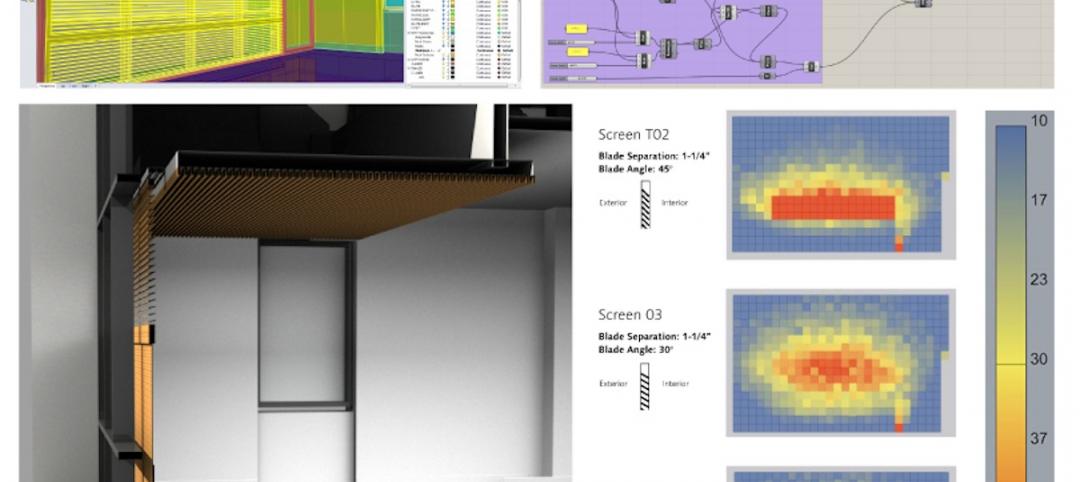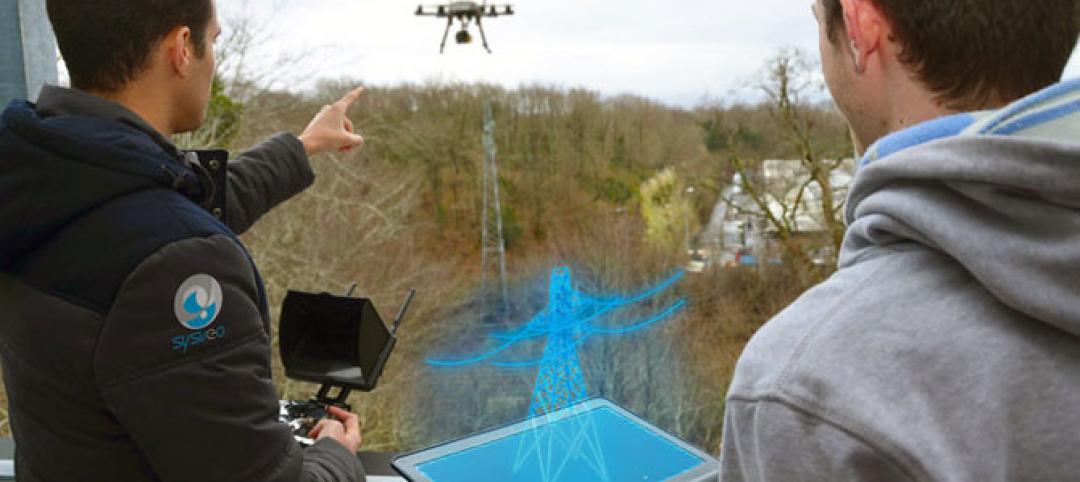By definition, a city is a big place. And, as such, it is hard to stay on top of everything going on within its borders. There will always be outcomes to scenarios that couldn’t have been predicted, issues that arise from small details overlooked in the planning process.
But the city-state of Singapore is trying to rectify this issue and make sure no small details are overlooked again. What is their solution? To create a hyper-realistic virtual model of the island city-state, something they are currently in the process of doing.
With the help of the Prime Minister’s Office and Dassault Systèmes, a multinational software company that is at the forefront of 3D design, Virtual Singapore is well on its way to completion.
Virtual Singapore will incorporate information such as data about the climate, demographics, energy consumption, and building elevation, all the way down to small details like the location of trees.
If you ever played SimCity, a game designed by legendary game designer Will Wright, this probably seems pretty familiar to you. But Virtual Singapore is built for more than just entertainment.
“You can click on a building and see the surface of its roof, how much electricity it consumes. You can simulate how in the event of a gas leak or a bombing, the population could escape based on where people are,” said CEO of Dassault Systèmes, Bernard Charlès, in an interview with Tech Insider. “We have simulation engines for this.”
Virtual Singapore can be used for more than planning for emergencies or disasters, though. It can also be used to see how a proposed change to the city would affect it. Thus, helping to eliminate those tiny overlooked details that rear their ugly heads later on in the process, when issues become more expensive to fix.
The majority of the data being used to create Virtual Singapore was stored on siloed platforms, but Charlès hopes to eventually incorporate data directly from citizens, such as information from cars or fitness trackers.
Dassault Systèmes projects Virtual Singapore to be completed by 2018.
Related Stories
BIM and Information Technology | Apr 29, 2015
Self-piloting drone maps out construction sites in Pennsylvania
The system comes with a real-time portal for immediate access to collected data.
BIM and Information Technology | Apr 27, 2015
The construction industry isn't rushing to hop onto the cloud: study
A new poll finds that nearly half of companies aren't planning to shift to cloud-based software to collaborate any time soon.
BIM and Information Technology | Apr 21, 2015
Software tools shouldn't dictate the AEC process
With over 200 solutions on the market, construction software is one of the most complex and fragmented markets, writes Gensler's Mark Thole.
BIM and Information Technology | Apr 9, 2015
A carboard box by Google can bring virtual reality to architecture
The global search engine giant has launched a new product, Google Cardboard, that easily allows users to experience virtual reality.
BIM and Information Technology | Apr 9, 2015
How one team solved a tricky daylighting problem with BIM/VDC tools, iterative design
SRG Partnership's Scott Mooney describes how Grasshopper, Diva, Rhino, and 3D printing were utilized to optimize a daylighting scheme at Oregon State University's new academic building.
BIM and Information Technology | Apr 3, 2015
French startup develops drone camera that overlays video with 3D images
The new drones can capture video and overlay the shot results with 3D images and augmented reality remotely.
BIM and Information Technology | Mar 23, 2015
Drones for AEC: How every stage of a building project can benefit from drone technology
From photo-mapping to aerial progress videos, SRG Partnership's Dmitriy Molla studies real-world applications for unmanned aerial vehicles.
BIM and Information Technology | Mar 23, 2015
Skanska hosts three-week 'hackathon' to find architect for Seattle tower development
Searching for a nimble, collaborative design firm for its 2&U tower project in Seattle, the construction giant ditches the traditional RFQ/RFP process for a hackathon-inspired competition.
BIM and Information Technology | Mar 16, 2015
Berkeley researchers develop 3D-printable concrete powder
The technique allows teams to create more complex and precisely finished structures, with reduced weight and waste.
High-rise Construction | Mar 16, 2015
NBBJ creates 'shadowless' skyscraper concept for proposed UK development
A team of architects from the London branch of NBBJ used computer algorithms to generate a dual-tower design that maximizes sunlight reflections to eliminate the buildings' shadows.
















